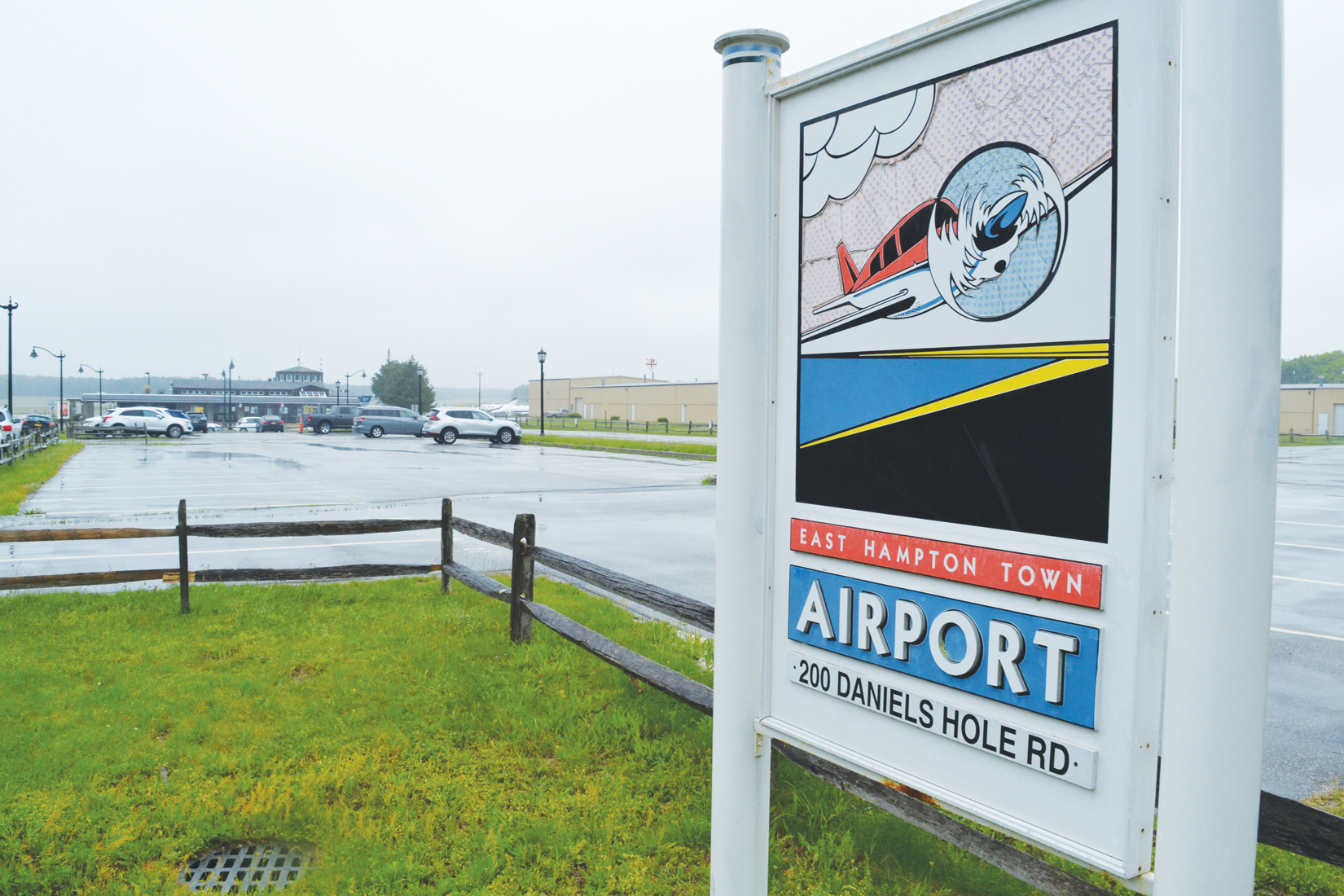Judge Grounds East Hampton Airport Conversion

A Suffolk County judge grounded plans to temporarily close East Hampton Airport and reopen it as a private facility with new flight restrictions a day before the transition was to begin this week.
Judge Paul J. Baisley, Jr. issued Monday a temporary restraining order (TRO) barring the Town of East Hampton from following through on its plan after plaintiffs argued their cases in three lawsuits challenging the move. The order came days after a fourth lawsuit was filed at Central Islip federal court alleged the town violated a prior court order and federal aviation law.
The town is “temporarily enjoined and restrained from … closing the airport, implementing any of the new use restrictions [East Hampton Town officials] have announced they intend to implement at the airport, or otherwise restricting public access to the airport,” Baisley wrote in his order.
The order came as the town was planning to deactivate the airport at 11:59 p.m. on May 17 and activate the new airport in Wainscott at 9 a.m. May 19. Should it be allowed to proceed, it won’t be until after arguments are heard in the case later this month, which is the second delay in the plan. The town board originally planned to deactivate the airport on February 28 and then reopen it on March 4 before it adjusted its timeline following Federal Aviation Administration objections.
Philip M. Bowman, an attorney with the law firm of Cooley LLP that the town hired to handle the airport transition, argued that the plaintiffs were seeking to re-litigate motions that were previously denied in court.
“Even if TROs had not already been denied (which they were) and even if renewal was appropriate (which it is not), New York law provides that ‘[n]o temporary restraining order may be granted … against a public officer, board or municipal corporation of the state to restrain the performance of statutory duties,’” Bowman wrote to Baisley. “The town’s operation of the town-owned airport falls squarely within the town’s statutory duties.”
Randy Mastro of the Manhattan-based law firm of Gibson, Dunn & Crutcher LLP, who represents charter flight booking app operator Blade Air Mobility in one of the suits, questioned the legality of the move under environmental law.
“Town officials have no ‘duty’ to close this airport,” he wrote to Baisley, adding that the proceeding challenges “the town’s abuse of discretion — in making a decision it wasn’t required to make — to shutter this public resource without first performing the environmental review required under New York law.”
The town was previously prohibited by a federal court ruling from enacting limits on aircraft at the airport in a bid to address neighbors’ noise complaints.
Days before the order, the National Business Aviation Association (NBAA) and others filed a pair of motions in federal court that challenged the transition’s compliance with a previous federal appeals court ruling on the issue and alleged that the move violates the Airport Noise and Capacity Act of 1990 (ANCA).
The NBAA motion claimed the town’s scheme to impose restrictions “has no basis in law and is contemptuous of this court’s prior ruling.” It added: “The town’s actions – yet again – are an impermissible attempt to circumvent ANCA.”
Restrictions the town aims to implement include flight curfews, phasing out of allowing aircraft that use lead-based fuel, not permitting aircraft that exceed a 50,000-pound maximum takeoff weight that are generally designed to carry 12 or more passengers, and limiting commercial operators to one daily roundtrip per aircraft per day.



